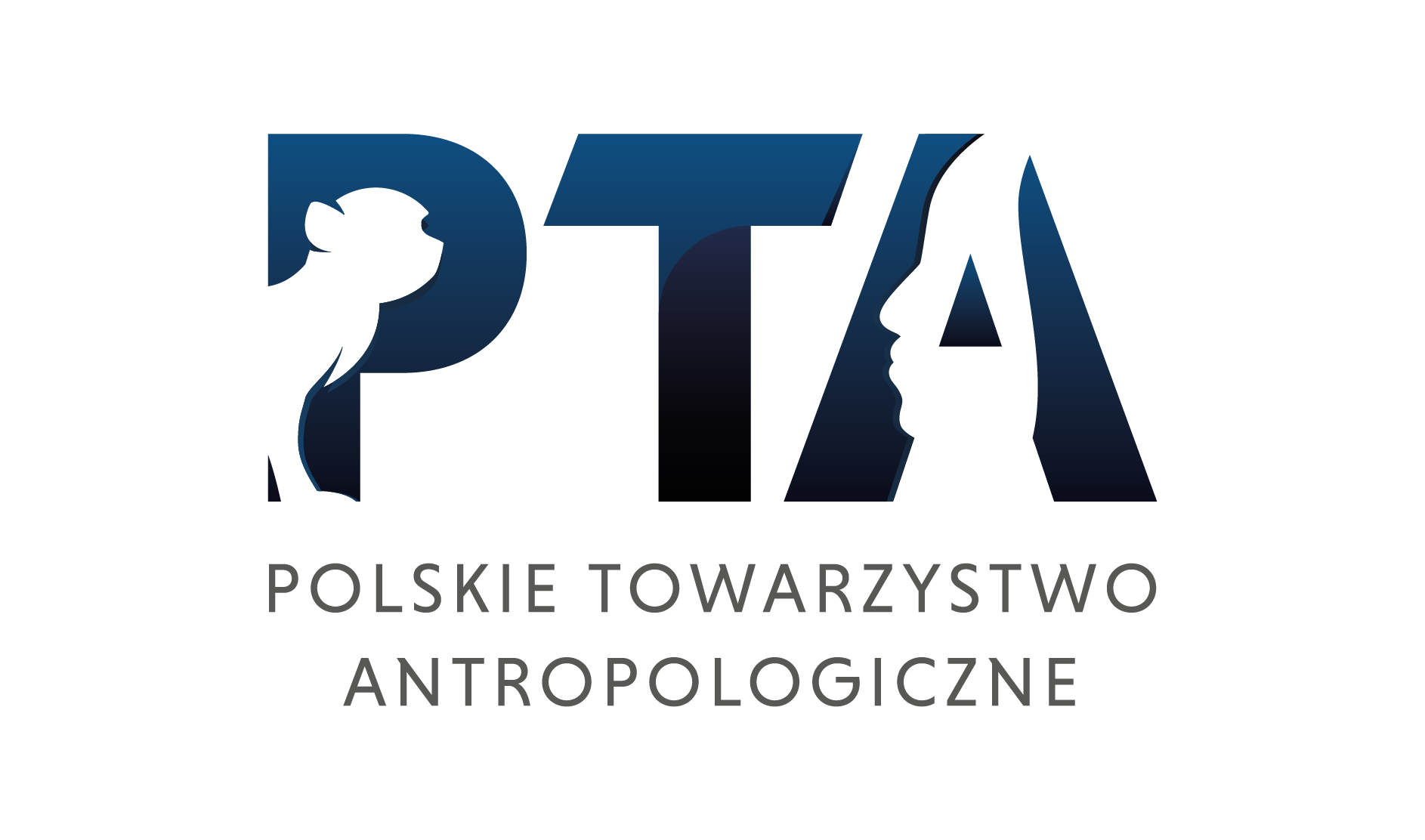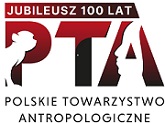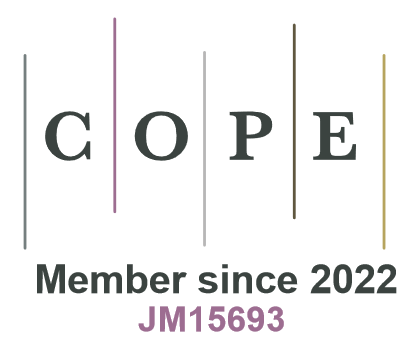Sexual Dimorphism of Long Bones of the Limbs in Newborns
DOI:
https://doi.org/10.18778/1898-6773.53.1-2.07Abstract
The article deals with our knowledge of the sex dimorphism of long bones of the limbs in newborns. It presents the result of the author’s study of 1368 bones. The latter are from newborns with a body length ranging from 47 to 55 cm (all of them having a preserved umbilical cord).Sex differences are established with group comparison of the sexes through t-criterion. They are found in the different frequency of the ossifflcation centre in the head of the humerus, in the linear and angle measurements, in the proportions. Most of the differences are similar to those in adults but significatly less manifested. That explains the failure in the attempt for an individual sex diagnosis of long bones by the method of Wald’s consecutive analysis.
Downloads
References
ANDRONESKU A., 1970, Anatomija rebenka, Bukareszt.
View in Google Scholar
BONDYREV A. P., 1902, Materialy k izmereniju rosta i otdelnych častej tela u detej, Diss. dokt. med. N., Petersburg.
View in Google Scholar
BUCHER B. J., 1957, Sex differences in the foetal pelvis. Am. J. Phys. Anthrop. 15, 581; 600.
View in Google Scholar
DOI: https://doi.org/10.1002/ajpa.1330150409
CHOI S.C., M. TROTTER, 1970,A Statistical Study of the Multivariate Structure and Race-Sex Differences of American White and Negro FetaI Skeletons, Am. J. Phys. Anthrop. 35, 307-312.
View in Google Scholar
DOI: https://doi.org/10.1002/ajpa.1330330304
CHRISANFOVA E. N., 1967, Evoljucija struktury dlinnych kostej človeka, Moskva.
View in Google Scholar
ELIAKIS E., M. DURIGON, L. DEROBERT, 1975, Mensurations somatiques: longueur du femur et taille foetale, Acta med. leg. et soc., 24, 491-500.
View in Google Scholar
GENKIN A. A., 1962, Biologičeskie aspekty kibernetiki. Mat.,AN SSSR, Moskva, s. 231-233.
View in Google Scholar
GENKIN A A., t E. V. GUBLER, 1964, Primenenie posledovate nogo ., statističeskogo . analiza dlja , razlučenija dvuch form ożgovoj bolezni [w:] Primenenie matematičeskich metodov v biologii, Leningrad, t.3.
View in Google Scholar
GUBLER E. V., 1970, VyčisIitel`nye metody raspoznavanija patologičeskich processov, Leningrad.
View in Google Scholar
GUBLER E. V., 1978, VyčisIitel`nye metody analiza i raspoznavanija patologičeskich processov, Leningrad.
View in Google Scholar
HANIHARA K., 1958, Sexual diagnosis of Japanese long bones by means of discriminant functions, J. Anthrop. Soc. Nippon, 66, 39-48.
View in Google Scholar
DOI: https://doi.org/10.1537/ase1911.66.187
ILIEV I., I. PETROV, 1974, Determination de l`appartenance au sex du tibia des nouveaux-nés à l'aide de l'analyse discriminante, Nature (Plovdiv) 7, 115-119.
View in Google Scholar
JORDANIDIS P., 1961-1962.Détermination du sex par les os du squelette, Ann. Med. Leg. (Paris), 41, 459-471:42, 231-236.
View in Google Scholar
KOBILYANSKY. E., B. ARENSBURG, Y. RAK, 1977, Sexing of long bones by discriminant function analysis, Acta anatomica 99, 284-285.
View in Google Scholar
KOSOVA L. A., E. V. CYBULSKIJ, 1959, Opredelenije vnutritrubnogo vozrasta ploda I novoroidennogo po dlinnym trubčatym kostjam konečriostej, Sudebnomed. eksp. i kriminal., Stavropol, nr 2.
View in Google Scholar
KROGMAN W. M., 1973, Human Skeleton in Forensic. Medicine, Springfield.
View in Google Scholar
LANZ T. von, A. MAYET, 1953, Die Gelenkkörper des menschlichen Hüftgelenkes in der progredienten Phase ihre umwegigen Ausformung, Zschr. Anat. Entw. 117, 317-345.
View in Google Scholar
DOI: https://doi.org/10.1007/BF00523625
MALINOWSKI A., B. MŁODZIEJOWSKI, 1978, Development of long Bones of Lower Limbs in Human Fetuses, Coll. Anthrop. (Zagrzeb) 2, 196-205.
View in Google Scholar
MARTIN R., K. SALLER, 1957-59, Lehrbuch der Anthropologie, t.1-2, Stuttgart.
View in Google Scholar
NAJNIS I. V., 1972, Identifikacijaličnosti poproksymai’nym — kostjam konečnostej, Vilnjus.
View in Google Scholar
OLIVIER, G., 1960, Pratique anthropologique, Paris.
View in Google Scholar
PETROV I., 1972, Sur la torsion et la retroversion du tibia des nouveaux-nés, Nature (Plovidv) 5, 137-141.
View in Google Scholar
PETROV V., I. PETROV, 1965, Caractéristique somatométrique des 238 Etudiants Bulgares, Anthropologie (Brno) 2. 37-43.
View in Google Scholar
PONS J., 1955, The sexual diagnosis of isolated bones of skeleton. Hum. Biol. 27,12-21.
View in Google Scholar
REYNOLDS E. L., 1945, The bony pelvis girdle in early infancy. A roentgenometric study, Am. J. Phys. Anthrop. 3, 321-354.
View in Google Scholar
DOI: https://doi.org/10.1002/ajpa.1330030410
SCHULTZ A. H., 1926, Fetal growth of man and other, primates, Quart. Rew. Biol.,1, 465-521.
View in Google Scholar
DOI: https://doi.org/10.1086/394257
STRZAŁKO I, M. HENNEBERG, 1975. Określanie płci na podstawie morfologii szkieletu, Prz. Antrop. 41, 105-126.
View in Google Scholar
STANIŠEV D., 1963, Rezultati t antropometrično izsledvane na blgarkata, Izv. na Inst. po Morf. BAN, 7, 83-107.
View in Google Scholar
TANNER J. M., 1962, Growth at adolescence, Oxford.
View in Google Scholar
TANNER J. M., A. PRADER, H. HABICH, M. A. FERGUSON-SMITH, 1959, Genes on the Y chromosome influencing rate of maturation, in man, Lancet 2, 141-144.
View in Google Scholar
DOI: https://doi.org/10.1016/S0140-6736(59)90558-6
THIEME F. P., W. J. SCHULL, 1957, Sex deterioration from the skeleton. Hum. Biol. 29, 242-273.
View in Google Scholar
TROTTER M., R. R PETERSON, 1969, Weight of bone, during the fetal period, Growth 33, 167-184.
View in Google Scholar
TROTTER M., R. R. PETERSON, 1970, The density of bones in the fetal skeleton, Growth 34, 283-292.
View in Google Scholar
WALD A., 1960, Posledowatel’nyj analiz, Moskva.
View in Google Scholar
Downloads
Published
How to Cite
Issue
Section
License

This work is licensed under a Creative Commons Attribution-NonCommercial-NoDerivatives 4.0 International License.








